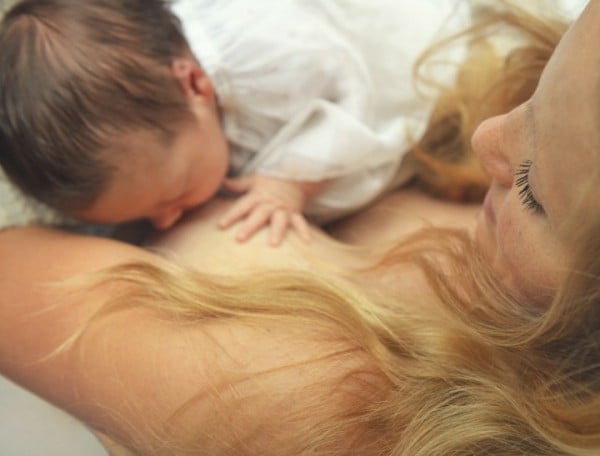
Lisa Smyth, Queen’s University Belfast
When it comes to feeding babies, mothers are under a lot of pressure: pressure from healthcare professionals to breastfeed, pressure from companies to use formula milk – and pressure from society to cover up in public and be discreet.
Juggling these conflicting demands is almost impossible. Is it any wonder that the UK has one of the lowest rates of breastfeeding in the world? Breastfeeding rates haven’t changed much in the past decade, despite a lot of promotional activity. It’s time to ease the pressure on new mums, but how?
Let’s start with ideas about “public decency”. While 72% of people recently surveyed in England thought women should feel comfortable breastfeeding in public, 60% of mothers said they try to hide what they’re doing. News reports about breastfeeding women being asked to leave shops, leisure centres and other public places are common, despite this being unlawful since 2010. Stories like these add fuel to the idea that public breastfeeding is something shameful and likely to cause offence.



